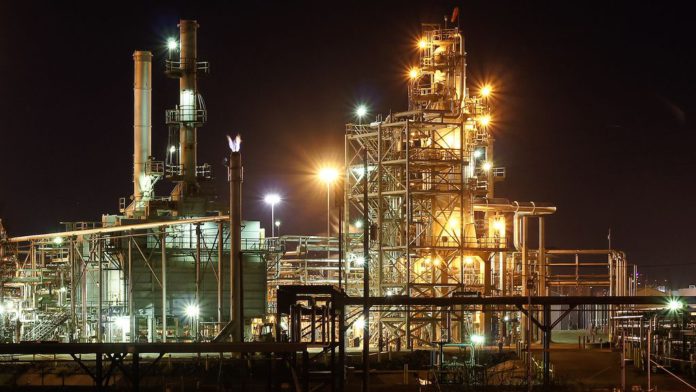

The City and County of Boulder along with San Miguel County filed suit against Suncor Energy U.S.A. and ExxonMobil on April 17, arguing that defendants had knowledge of their contribution to climate change effects.
The suit alleges public and private nuisance, trespass, unjust enrichment and violations of the Colorado Consumer Protection Act. The lawsuit follows the lead of a handful of cities and counties in California and New York that have brought similar climate change nuisance laws. Boulder and San Miguel are the first two landlocked counties not affected by sea level rise to allege climate change effects. Suncor and Exxon did not respond to requests for comment.
Plaintiffs are represented by environmental attorney Kevin Hannon, EarthRights International counsel Marco Simons and the Niskanen Center, and requested a jury trial. Simons emphasized that the plaintiffs are not attempting to enjoin oil and gas operations or implement emissions controls and that the plaintiffs aren’t arguing that Suncor and Exxon are solely responsible.
“We’re arguing how much of the climate change crisis should be charged to them — it’s not 100 percent, but it’s also not going to be zero,” Simons said.
The suit argues that the defendants should help Boulder and San Miguel shoulder some of the cost associated with preparing for climate change effects, which includes:
• flood mitigation,
• repair and maintenance to roadways,
• pest infestations as seen from species like pine beetles,
• medical treatment and hospitalization for those affected by extreme heat or other natural disasters,
• repairs to buildings damaged by climate change effects and
• drought conditions and alternate response plans.
The lawsuit contends that Boulder and San Miguel have taken necessary steps to reduce their carbon footprints and have implemented measures to combat the effects of climate change. The Boulder County Sustainable Energy Plan aims to cut the city’s greenhouse gas emissions by 40 percent from its 2005 numbers by 2020.
The suit points to increased risks of fire, drought, forest damage and shifts in precipitation and water availability. Boulder has budgeted for the Clean Energy Options Local Improvement District Fund, which aims to create incentive programs.
The 2017 budget set aside close to $39 million for conservation and sustainability efforts.
Simons said the public and private nuisance doctrines have always been quite broad, and though this might be a new application of the law, the suit doesn’t seek to establish any new legal principles.
“The way tort law works when it works well is it helps to do what an economist might describe as internalizing the externalities,” Simons said. “If you’re dealing with activities or products that cause injury to people, it places the cost of those injuries on the person responsible, and at the end of the day the cost of those injuries and harms will be priced into those activities.”
In 2013, the U.S. Supreme Court denied certiorari in Kivalina v. ExxonMobil, which was brought by the native village of Kivalina in Alaska. The 9th Circuit Court of Appeals ruled that Obama-era regulations and the Clean Air Act aimed to cut emissions and, therefore, the village was preempted from pursuing the claims under federal common law.
Suncor operates Colorado’s only petroleum refinery, which produces more than 100,000 barrels a day.
The suit attempts to illustrate that the defendants knew about impacts, tracing internal communications with the companies back to a 1968 American Petroleum Institute report on the effects of fossil fuels emissions and projections about those impacts. It also cites a 1977 internal Exxon memo that reported that “current scientific opinion overwhelmingly favors attributing atmospheric carbon dioxide increase to fossil fuel combustion.”
Since 2013, state air quality regulators have initiated five cases against Suncor. In 2012, the company was fined $2.2 million for exceeding benzene air pollution limits.
A Denver Post report on state records found that Suncor emits about 8.5 tons of hydrogen cyanide annually during its oil refining process.
In January, Colorado Department of Public Health and Environment air quality control officials approved an exemption in Suncor’s air pollution permit — it is no longer federally required to disclose hydrogen cyanide emissions.
“We’ve seen some pushback in terms of folks closely tied to the oil and gas industry who are critical of these efforts,” Simons said. “The critique goes along the lines of ‘These claims have no merit, and these are just trial lawyers hoping to get rich.’”
Simons added that EarthRights has taken on the case pro bono, and that “it’ll be a very long time before I get rich.”
“Those lines of argument don’t make sense next to each other. If the case has no merit, nobody’s going to get rich off of it. It kind of has to be one or the other, why does anyone care if they have no merit?”
— Kaley LaQuea

